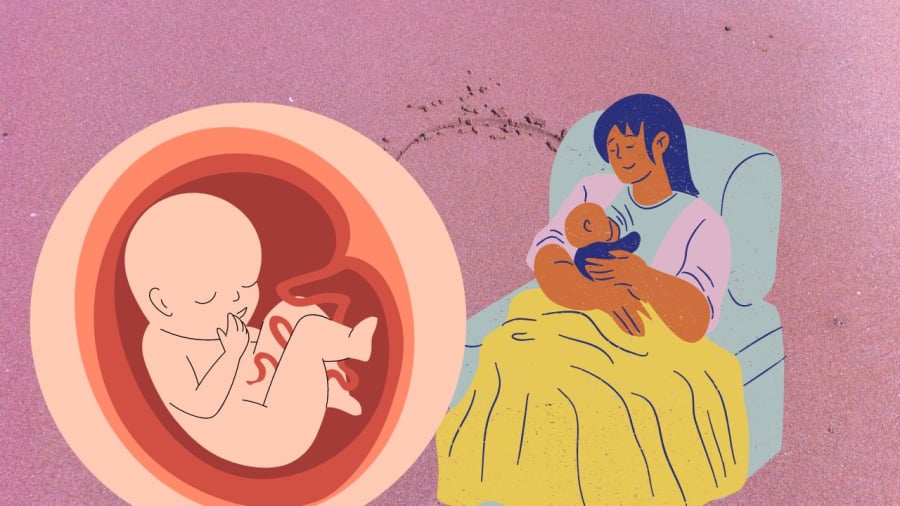The Smart Birth Month Effect
A study of over 10,000 children by researchers from Harvard University over a period of seven years revealed that children born in September and October tend to have higher IQ scores compared to those born in other months. In addition to intelligence, these autumn-born children also had, on average, a 0.21 kg higher birth weight and were 0.2 cm taller than summer-born children. Their intelligence levels were found to be one to six points higher. Interestingly, many famous American football players were also born in September or October. Similar findings were reported by Fudan University in China, which found that the number of freshmen born in October was the highest. Other universities in China, such as Zhejiang University and Xiamen University, also reported a high number of October-born students, reinforcing the idea that those born in the latter part of the year tend to be more intelligent.

The Impact of Birth Month on Early Development
Why Does Birth Month Affect Intelligence?
A person’s intelligence is influenced by a multitude of factors, including genes, environment, nutrition, and education. Birth timing can impact early development and nutrition. Children born in the fall are typically conceived in the spring, a season associated with rejuvenation and growth. The early stages of pregnancy are crucial for the developing fetus.
During the first few months of pregnancy, mothers often experience fatigue, nausea, and loss of appetite, leading to inadequate nutrition. This can be exacerbated by hot summer weather. However, a spring conception offers a more favorable environment, with milder temperatures, leading to better maternal health, comfort, and overall well-being. This, in turn, contributes to the healthier development of the fetus. The first trimester of pregnancy lays the foundation for the child’s future growth, so the timing of conception and birth can have significant implications.

Multiple Factors Influence a Child’s Intelligence
Conceiving at the beginning of the year and giving birth towards the end helps mothers avoid the detrimental effects of extreme summer heat during critical stages of pregnancy and childbirth. Additionally, the climate at the time of birth impacts a child’s early mobility. Babies born between September and December experience warmer temperatures when they are around three months old and starting to roll over and crawl. They are not restricted by heavy clothing and can move more freely, facilitating their exploration and cognitive development.
Early mobility contributes to brain development. Allowing children to move freely and explore their surroundings stimulates their brains in a holistic manner. Therefore, conception during the first quarter of the year (January to March) is generally considered more favorable for a child’s development compared to conception in the spring (April to May). The latter coincides with the critical period of brain development during the hot summer months, which can be challenging for both mother and fetus due to reduced appetite and potential heat-related discomfort.
While the season of birth may play a role, it is essential to recognize that it is just one factor among many. Parental influence, educational environment, and proper nutrition are also key contributors to a child’s intellectual development and overall well-being.


































